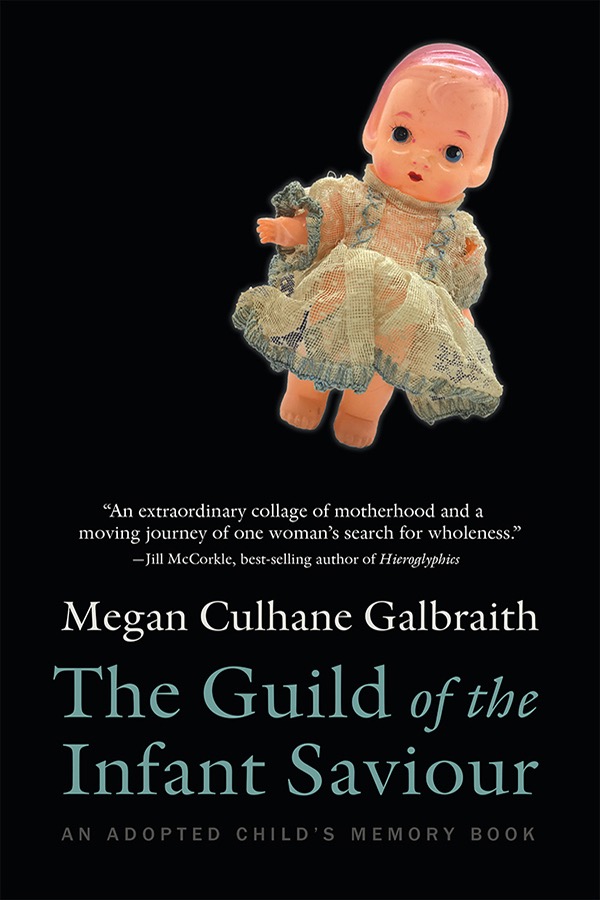Their names were Dicky, Dickey, Dickie, and Donny. There was Bobby, Bobby II, Bobbie III, Grace, Edna Mae, and Joan. They were also called “Apartment Babies,” or “Practice Babies,” and they shared a last name — Domecon; short for Domestic Economics.
Plucked from local orphanages, asylums, and almshouses, hundreds of these babies were chosen to help college coeds “apprentice for motherhood.”
In 1919, Cornell pioneered the first degree-granting program in the country for women called “Domestic Economics.” Its aim was to apply scientific principles to domestic tasks deemed “Mothercraft” — such as making meals, cleaning and ironing, household budgeting, and raising children. Female coeds — five or six at a time — lived together in on-campus “Homemaking Apartments” and collectively mothered the practice babies.
Ranging in age from three weeks to a few months old, babies were loaned to the college for a year. The contracts between the orphanages and Cornell stated the babies “could be returned at any time if there was dissatisfaction on the part of the college.”
Their birth names and identities were erased, and they were fatted and raised by a rotating lineup of up to six practice mothers at a time. The co-eds’ work was divided into six parts, including the job of mother and assistant mother.
Domecon babies were highly sought-after for adoption. Adoptive parents were convinced that because the babies were being raised in ideal conditions and by scientific methods it would ensure a smooth family transition. A 1923 newspaper article titled “Coeds at Cornell Mother Real, Live Practice Babies” referred to the babies as “super children.”
The program ran through 1954. In all, 119 children were raised in this manner and adopted, and Dickie Domecon was the first. Most grew up with no knowledge of having been abandoned or surrendered, or having been a Domecon baby.
All identifying records were destroyed.
***
Three stories underground in Cornell University’s Olin Library is the Carl A. Kroch Library, home to the Division of Rare and Manuscript Collections. Built in 1992, the bright finishes — skylights, white paint, light oak, and a soaring atrium — are the opposite of dark or musty, as I’ve come to think of an archive. The surroundings seem counterintuitive to the trip back in time I am planning to take.
Gaining access to the Domecon records was easy and the process felt oddly sanitized. The librarian walked me through the computerized system and printed me a ticket; I handed it to the archivist and waited at one of 10 tables in the reading room. As I waited, I wondered how many others had inquired about the program in general and the babies, specifically. As an adoptee, I know the feeling of wanting someone to come looking for me. I also know that being found can feel like opening Pandora’s box.
